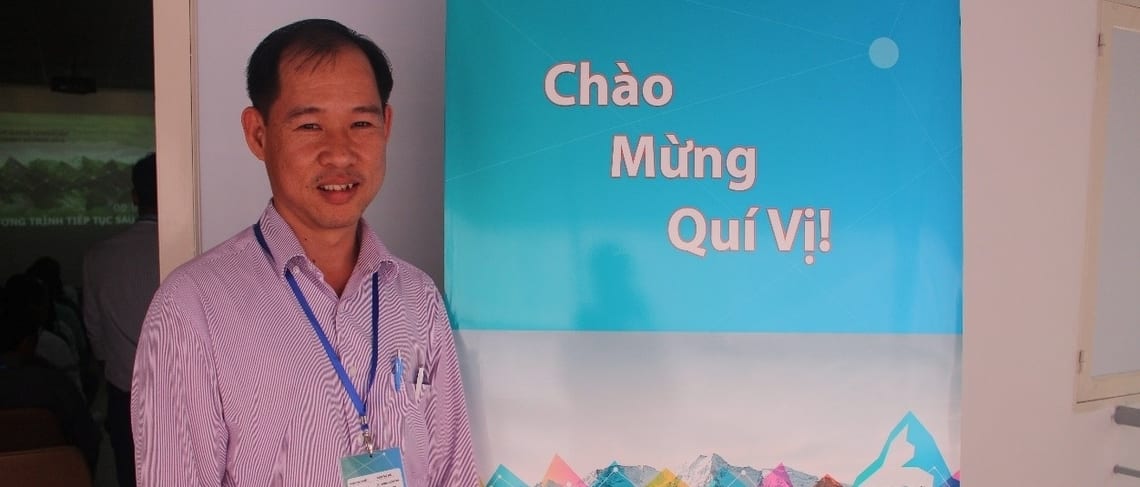
Most people are surprised to find out that an event like the Global Leadership Summit is growing in places like Vietnam — a country some people consider a godless nation.
But what we’ve seen in the relatively small community of Christians in Vietnam, are growing passionate churches, hungry to bring the Gospel to their communities.
Through the GLS and the support of generous donors, thousands of Christians are being trained and equipped in their leadership in Vietnam.
In light of Vietnam’s New Year celebration this week, we’ve been sharing testimonies of leaders from all over Vietnam who attended the GLS last month, many of them moved to do extraordinary things because of the encouragement they received.
 I serve God by praying and sharing the Gospel. My heart is full and I am overjoyed to learn these lessons from the GLS. Every time I come, I receive encouragement to work and lead better. Learning from other leaders’ experiences is truly a perfect way to upgrade my leadership skills. This time was no different. I was really impressed by the message shared by Brian Houston; hearing him talk about burnout really touched my heart. I especially liked the video about Warden Cain, the man who brought change for those who are hopeless in prison.
I serve God by praying and sharing the Gospel. My heart is full and I am overjoyed to learn these lessons from the GLS. Every time I come, I receive encouragement to work and lead better. Learning from other leaders’ experiences is truly a perfect way to upgrade my leadership skills. This time was no different. I was really impressed by the message shared by Brian Houston; hearing him talk about burnout really touched my heart. I especially liked the video about Warden Cain, the man who brought change for those who are hopeless in prison.
While listening to the messages, I started to realize my circumstances are small compared to the power of God. The messages from the GLS are truly a great gift from God to give us strength to do His work on earth. We will use this to give to other ministers when they are faced with difficulties. My team will pray for every tribe in our city to have a chance to come to the GLS next year. Thanks to God for everything. – Duong Thi Thao, pastor in Vietnam
 The Lord has blessed me very much with the chance to come here to the GLS. The lessons shared by Jim Collins have touched my heart. I now recognize what real success is, and that failure is not the end point of one’s life, but rather, failure should be considered growth. Traditionally, people think the success of one’s life is the position he has, but today God has revealed to me that the successful leader must help others to achieve success. As a pastor of a church, I have seen many church board problems because they fight for a position. I believe recognizing this revelation will help my church grow and be better. Thank you for providing such wonderful leadership lessons in Vietnam. – Đinh Khắc Hoàn, pastor in Vietnam
The Lord has blessed me very much with the chance to come here to the GLS. The lessons shared by Jim Collins have touched my heart. I now recognize what real success is, and that failure is not the end point of one’s life, but rather, failure should be considered growth. Traditionally, people think the success of one’s life is the position he has, but today God has revealed to me that the successful leader must help others to achieve success. As a pastor of a church, I have seen many church board problems because they fight for a position. I believe recognizing this revelation will help my church grow and be better. Thank you for providing such wonderful leadership lessons in Vietnam. – Đinh Khắc Hoàn, pastor in Vietnam
 Nowadays, it is very difficult to lead one’s self. The teaching on The Intangibles of Leadership impressed and influenced me a lot. It helped me rethink my blind spots. It reminded me about leading my team based on God’s vision, not ours! It reminded me I need to be willing to be around those who can talk to me about my blind spots. This will help me be successful. I am also touched to learn that winning by myself is nothing, and it is great for the whole team to win! I will definitely implement this into leading myself in my life and leading others to win together and build up our church. God’s words were so powerful to me through the GLS teachings. This is my first time taking part in the GLS conference and I would love to have a chance to join the GLS in the future. Thank you so much! – Dinh Minh Duong, church leader, Vietnam
Nowadays, it is very difficult to lead one’s self. The teaching on The Intangibles of Leadership impressed and influenced me a lot. It helped me rethink my blind spots. It reminded me about leading my team based on God’s vision, not ours! It reminded me I need to be willing to be around those who can talk to me about my blind spots. This will help me be successful. I am also touched to learn that winning by myself is nothing, and it is great for the whole team to win! I will definitely implement this into leading myself in my life and leading others to win together and build up our church. God’s words were so powerful to me through the GLS teachings. This is my first time taking part in the GLS conference and I would love to have a chance to join the GLS in the future. Thank you so much! – Dinh Minh Duong, church leader, Vietnam
Thank you for pray for and supporting the growth of the GLS in Vietnam!
To learn more about how the GLS came to be in Vietnam, watch this video.

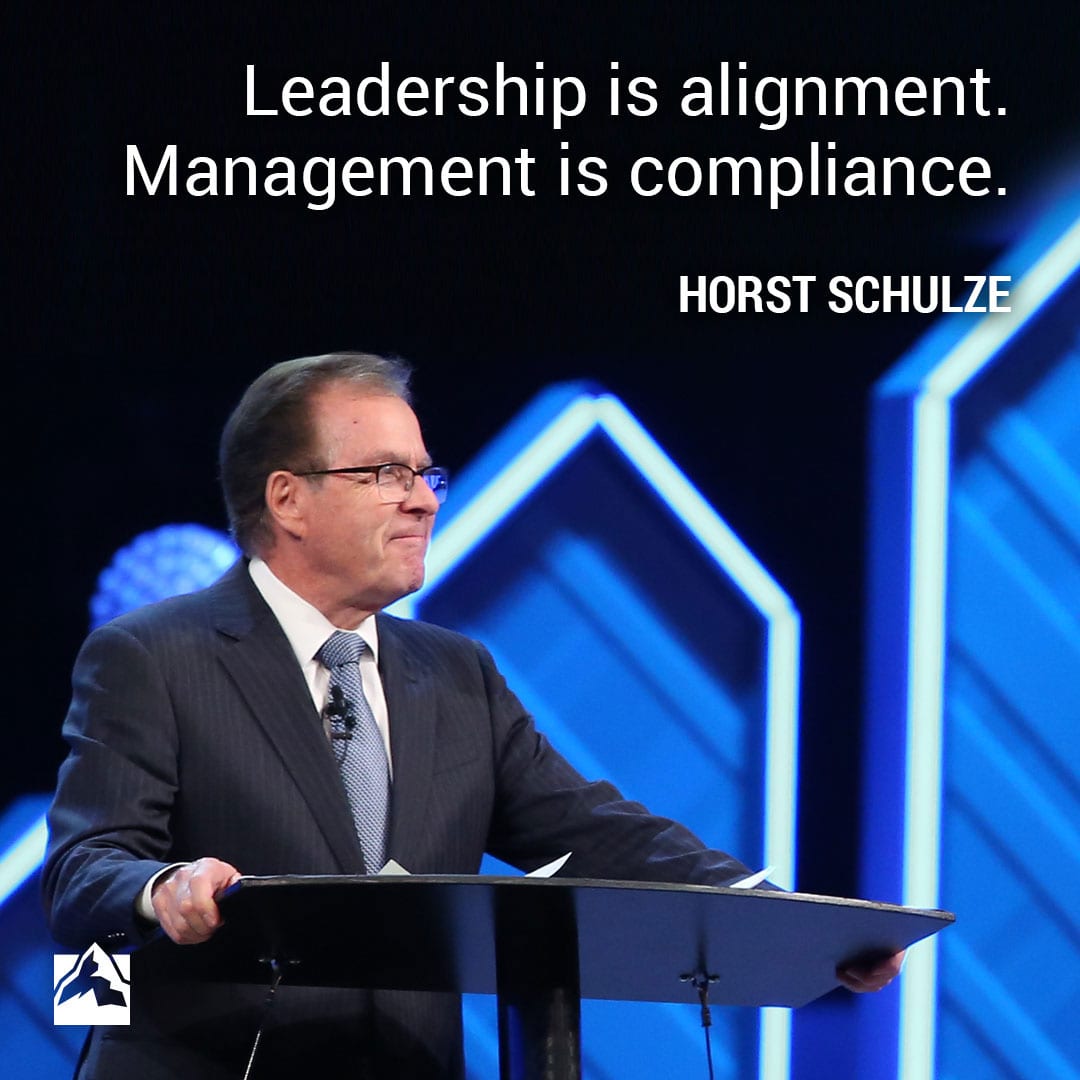

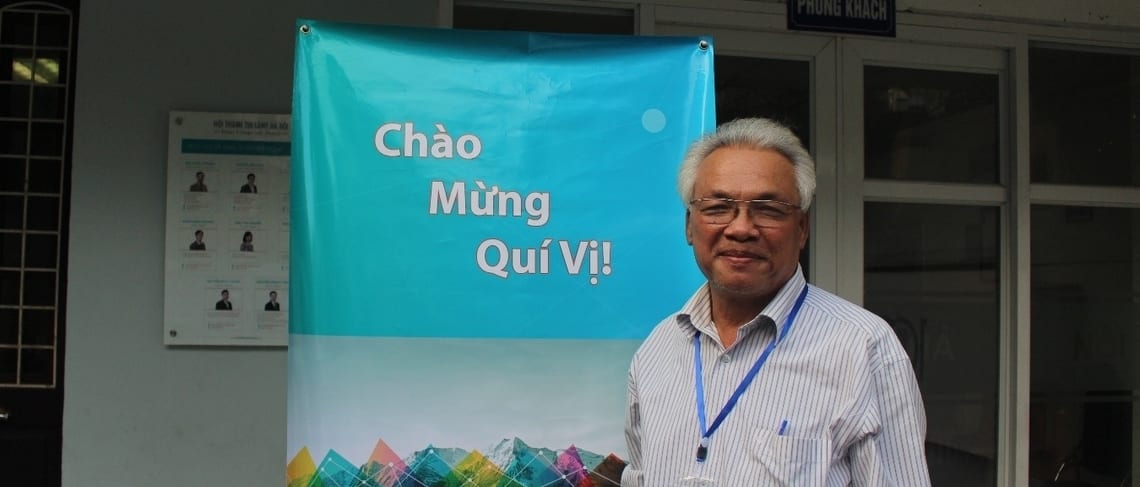


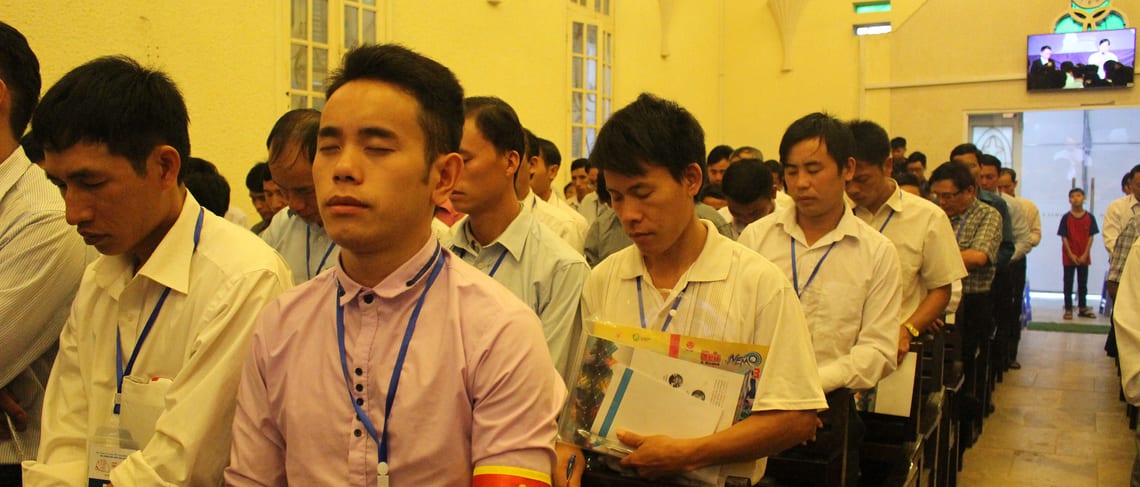




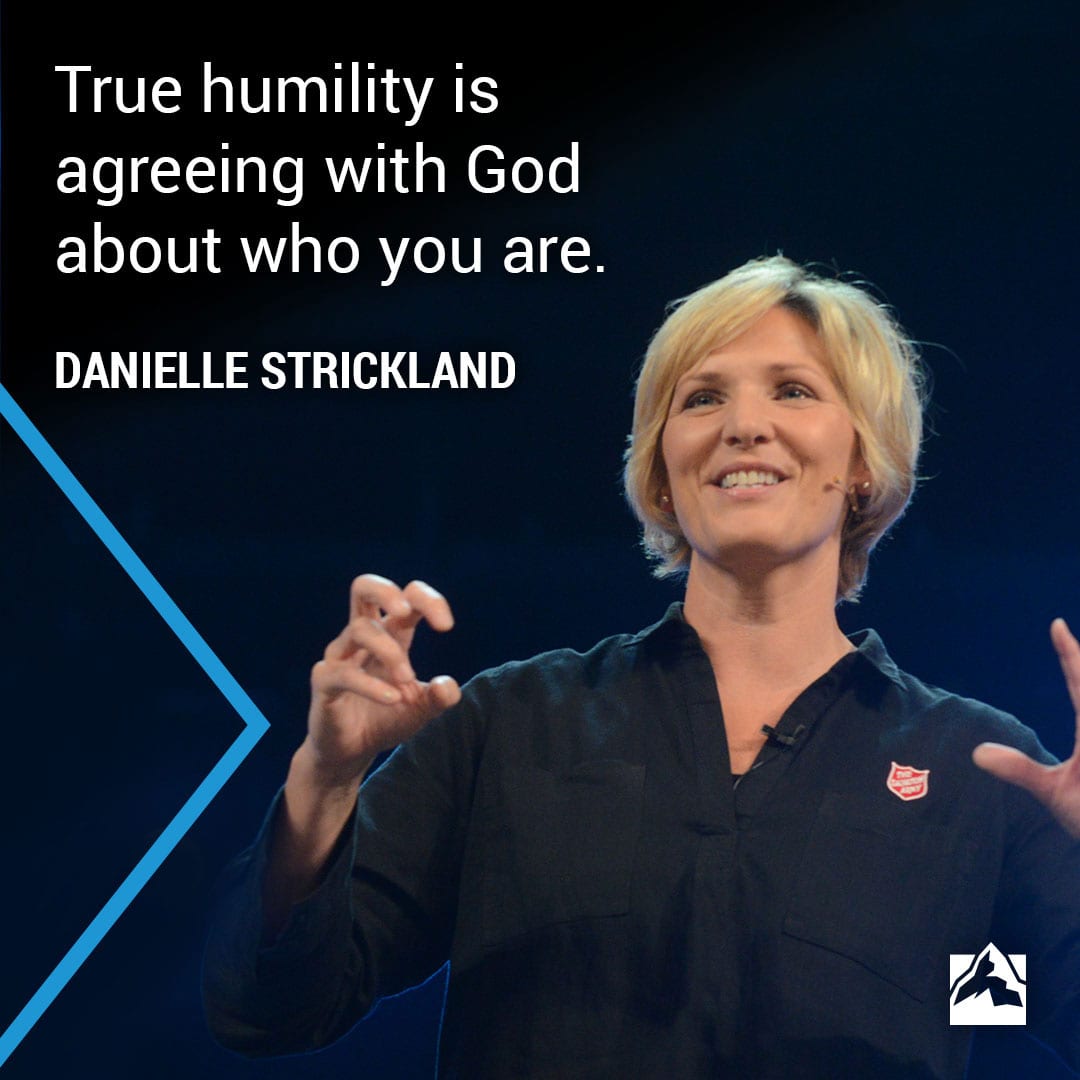
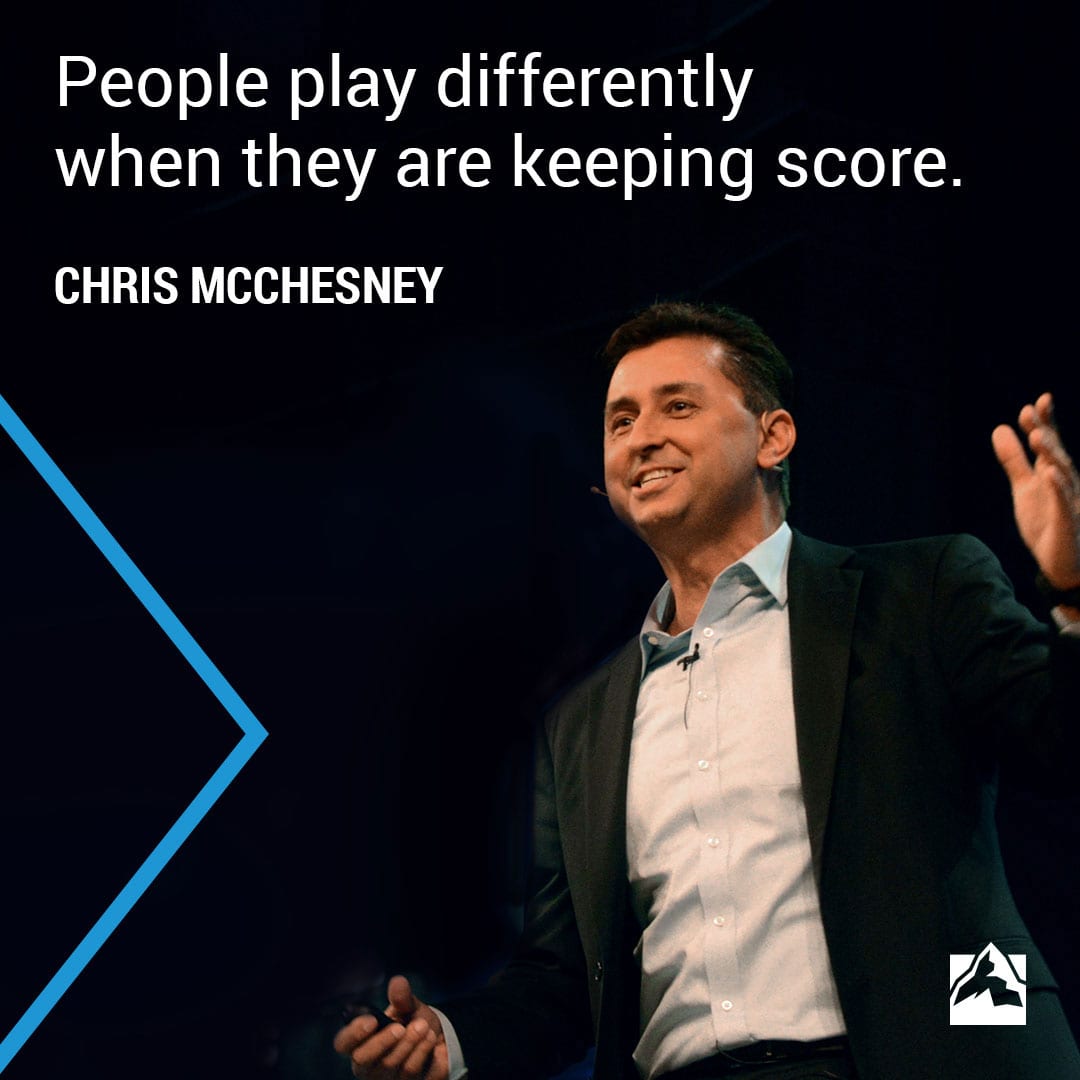
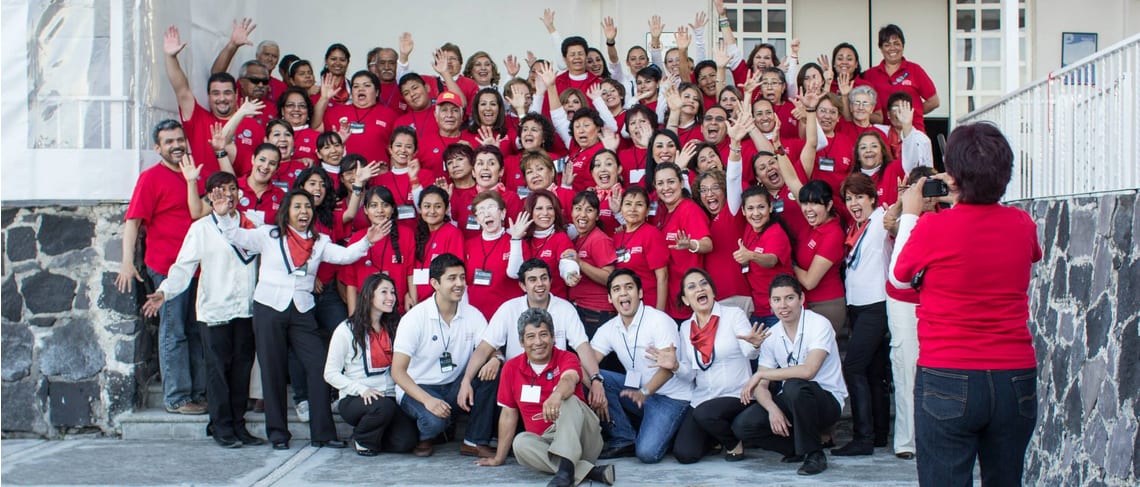



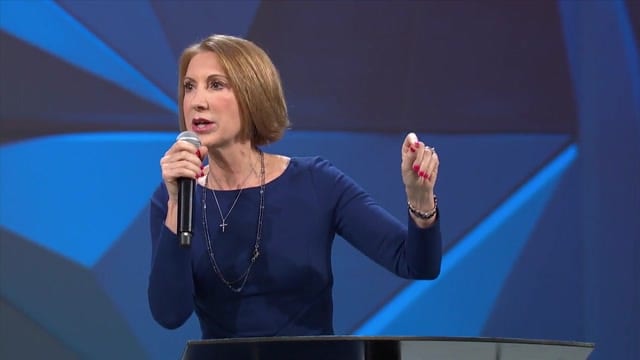

Recent Comments